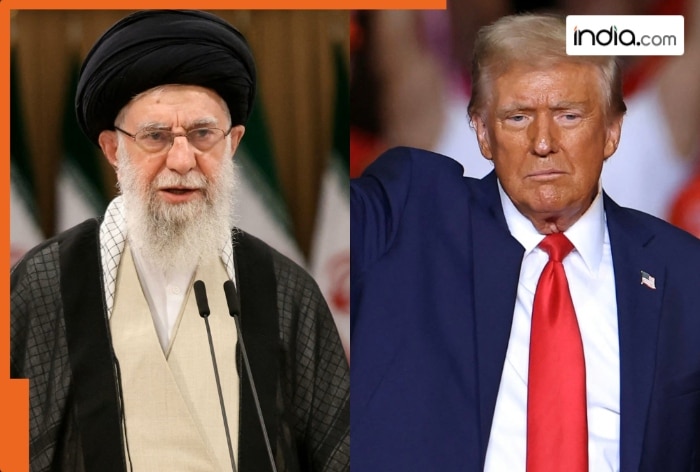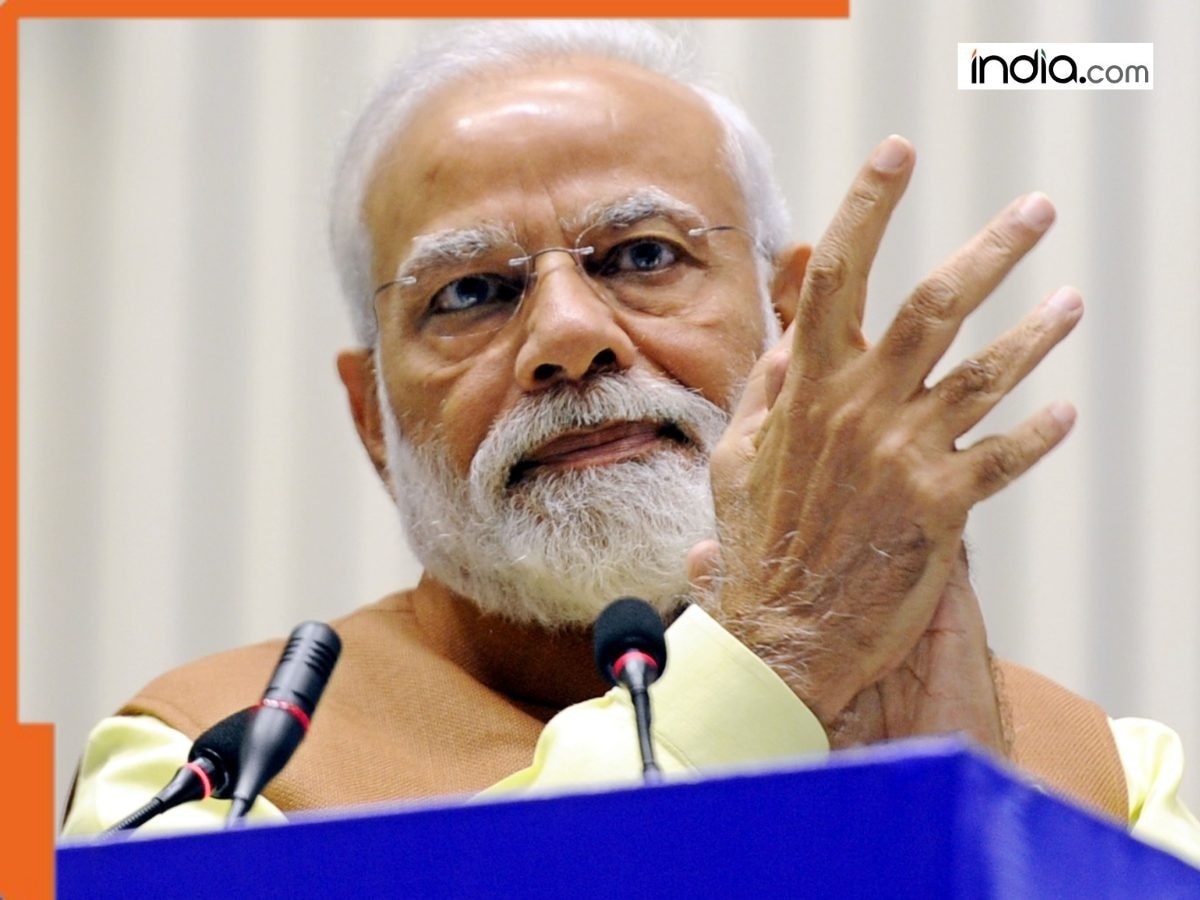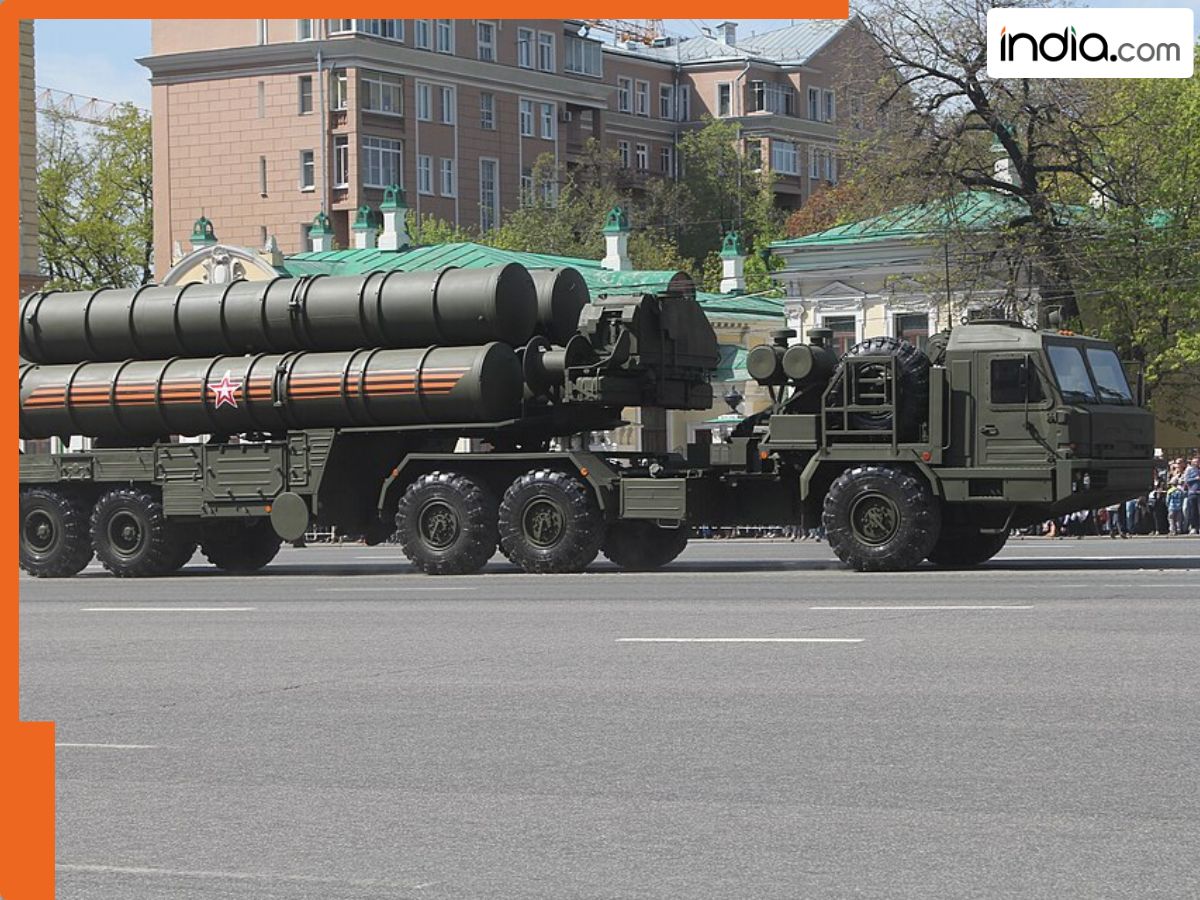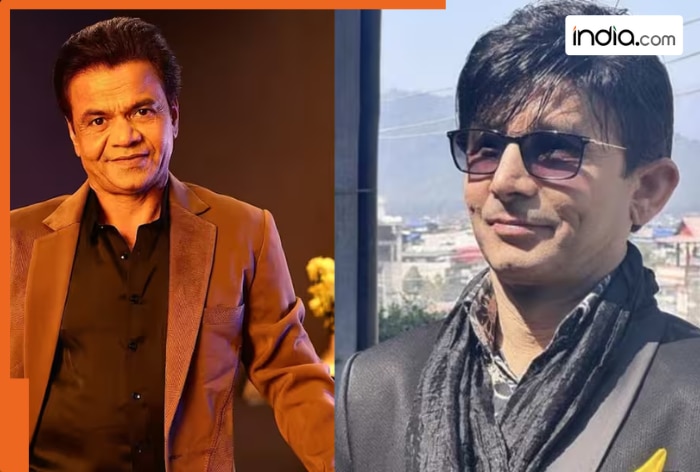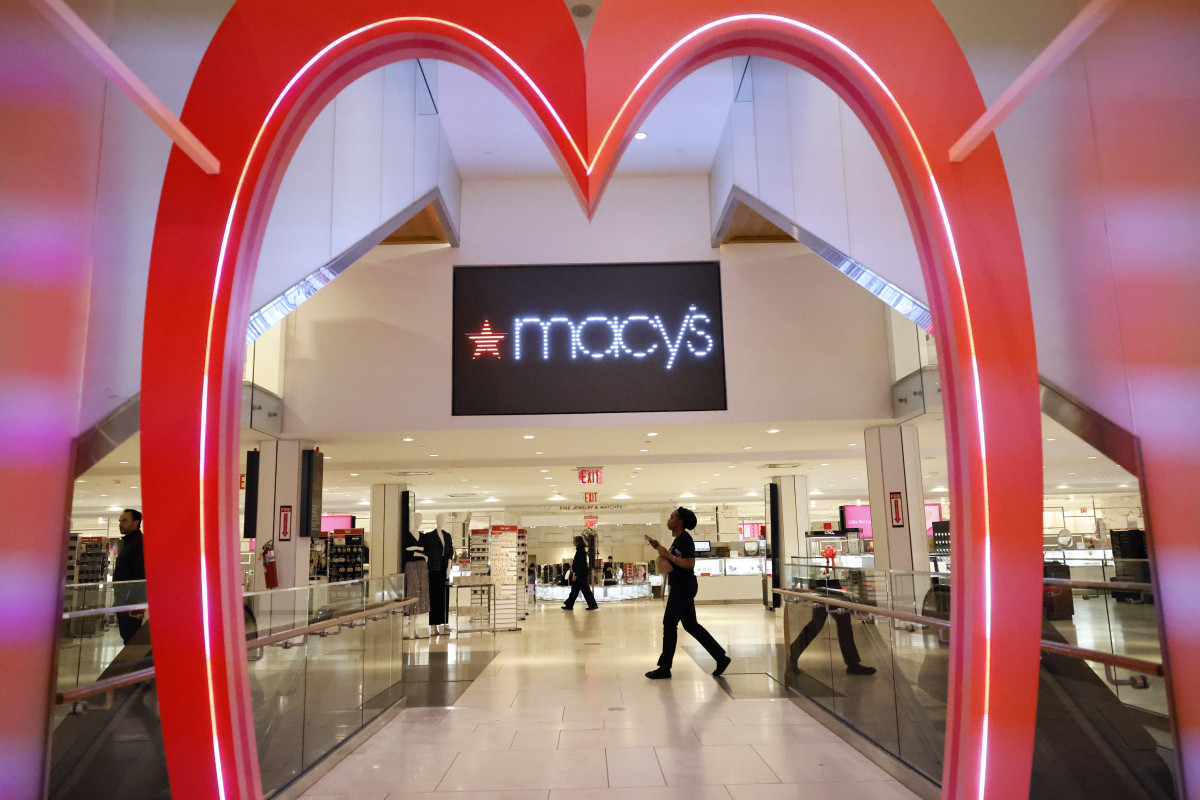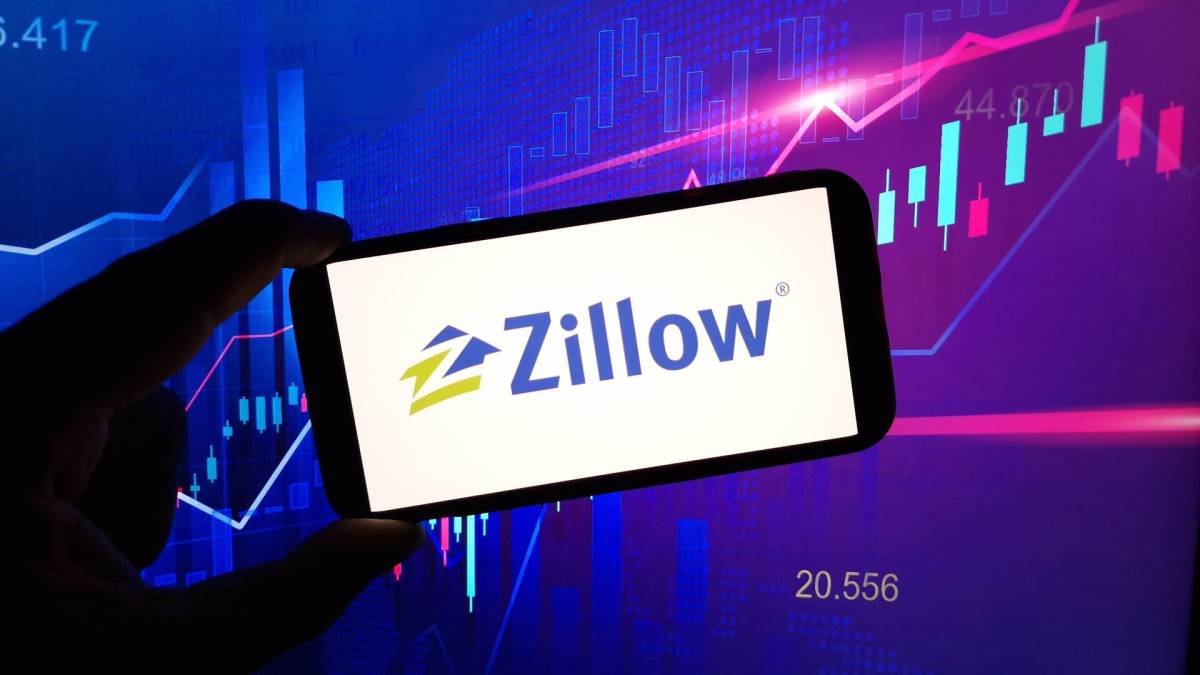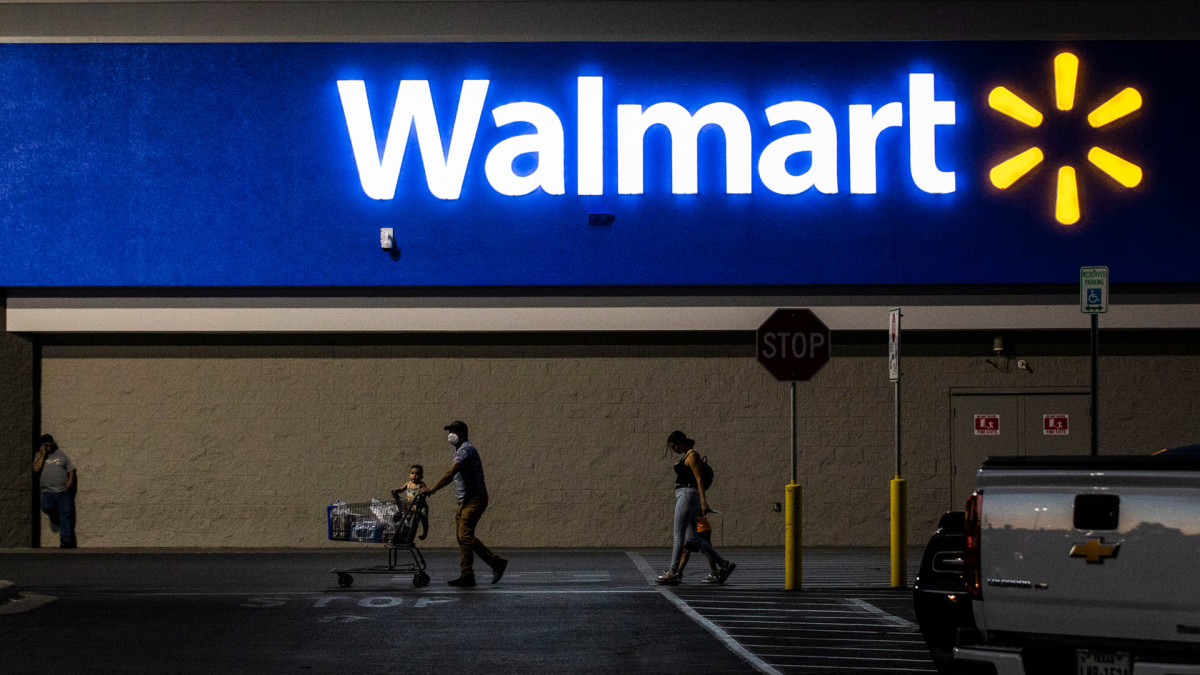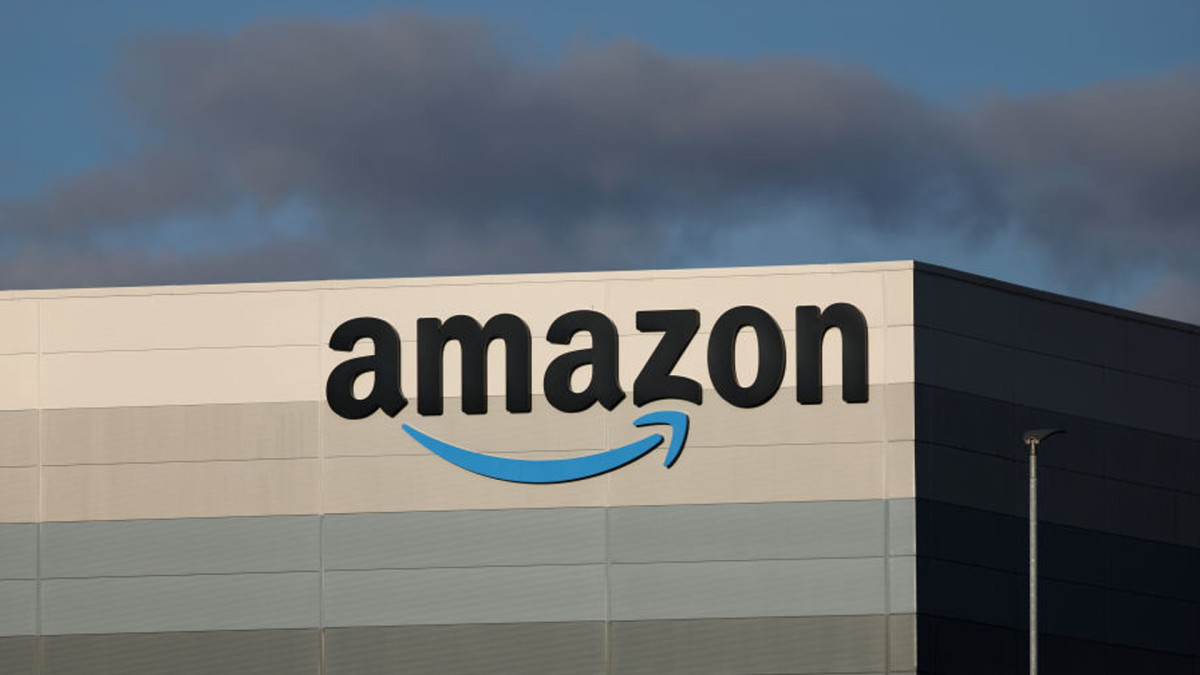Legendary investor Ray Dalio drops most shocking take on stock market
Ray Dalio just dished out perhaps the most unsettling market messages investors have heard this year. To begin with, he didn’t mince words, saying, “We are definitely in a bubble.” He then followed up by saying — incredibly — that investors still shouldn’t sell. In the CNBC interview, the ...
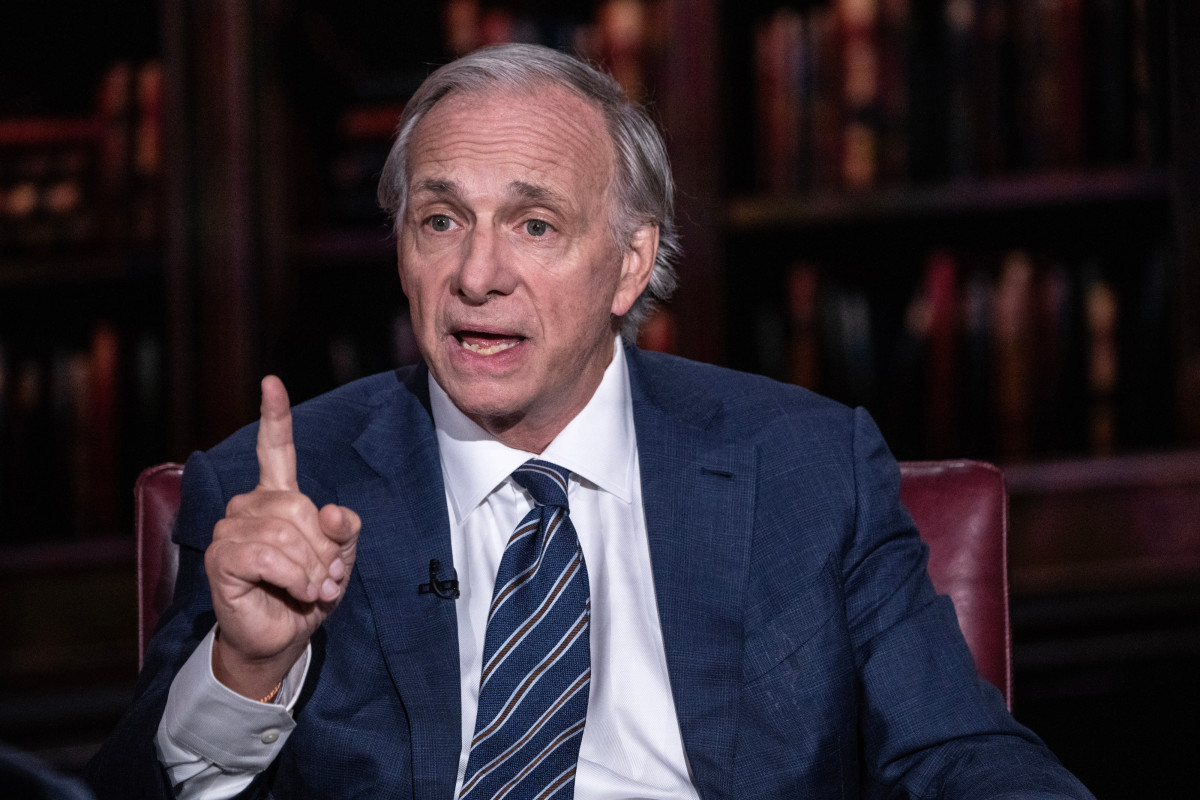
Ray Dalio just dished out perhaps the most unsettling market messages investors have heard this year.
To begin with, he didn’t mince words, saying, “We are definitely in a bubble.” He then followed up by saying — incredibly — that investors still shouldn’t sell.
In the CNBC interview, the Bridgewater founder flatly stated that his long-tracked indicators show the markets are currently 80% of the way to the bubble conditions seen during 1929 and 2000.
Instead of advising investors to run for the exits, Dalio told them that bubbles usually rise significantly higher before anything breaks.
However, the real danger, he said, isn’t the valuations or AI hype.
It’s perhaps the moment people all of a sudden need cash, which is what ends up popping bubbles. Photo by NBC on Getty Images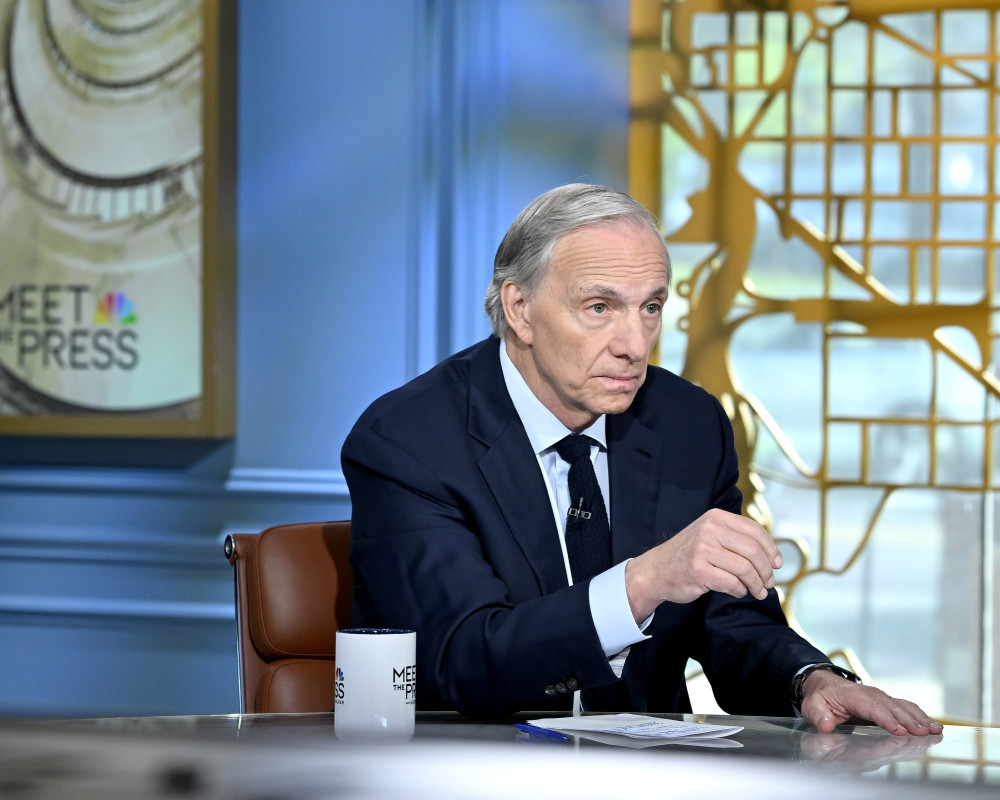
Dalio thinks the market is already 80% of the way into a bubble
Dalio feels the market isn’t just drifting into a bubble; it’s already “about 80%” of the way into one.
He argues that a bubble essentially forms when there’s “a lot of creation of wealth” through inflated stock issuance, heightened leverage, and buying that just isn’t sustainable.
More Wall Street:
- Stanley Druckenmiller’s latest buys suggest shifting tech trend
- Goldman Sachs unveils stock market forecast through 2035
- Dalio’s Bridgewater quietly reshapes its portfolio amid bubble warnings
- Peter Thiel dumps top AI stock, stirring bubble fears
It’s also when investors treat long-duration assets as if the next 25 years are mapped out, even though, as he puts it, “we don’t know what’s going to happen.”
Crucially, he highlights that bubbles won’t burst because earnings disappoint, but when people are suddenly in need of cash.
That’s usually due to monetary tightening, healthier wealth taxes, or debt obligations, or when they’re simply forced to sell.
Dalio worries about market concentration, not just valuations
Dalio also argues the market’s vulnerability lies not just in prices, but also in who owns the risk.
He feels that bubbles tend to form when assets end up in “weak hands,” essentially referring to leveraged retail investors who typically panic at the first hint of trouble.
On the flip side, “strong hands” like founders and smart money can hold on, as it's their own capital.
Related: Redfin flags surprising housing market shift
What scares him is how “everybody is in it, and in a leveraged way,” crowded into a few handful of mega-cap tech stocks.
Another hot topic is vendor-financing arrangements, where AI chipmakers take equity stakes in the same companies buying their hardware, and to which the “Big Short” Michael Burry alluded in his criticism of Nvidia.
Dalio feels that it’s “an issue, but not the main issue.”
The bigger problem with the late-’90s bubble is how AI enthusiasm is basically amplifying concentration.
Markets are treating one stock as a proxy for the entire economy, which is a dangerous approach.
Why Dalio says “Don’t sell just because it’s a bubble”
Perhaps Dalio’s most counterintuitive point in the whole AI bubble debate was that bubbles don’t end when people realize valuations are wrong, but when investors need cash.
Wealth isn’t spendable, he told CNBC viewers.
To pay out taxes, service debt, and cover obligations, people need to sell assets, and when enough investors are in need of liquidity at the same time, that’s when bubbles crack. Tightening monetary policy is perhaps the most classic pin.
Related: Veteran analyst delivers surprise post-Q3 verdict on Nvidia
Still, Dalio feels “we’re not going to have that now,” leaving the door open to the other big risks, including potential wealth taxes, political instability, and rising leverage, along with a highly concentrated market.
He also cautioned investors that stretched valuations can effectively lead to 10 years of low or negative real returns, citing a JPMorgan study of markets with a price-earnings ratio above 23x.
Dalio’s warnings carry more weight than most
Ray Dalio’s warnings hit differently because this isn’t an average Joe weighing in on an obscure technical topic.
Dalio is perhaps the most influential macro investor of the past 50 years.
He started Bridgewater Associates back in 1975 from a two-bedroom apartment, which eventually became one of the world’s largest hedge funds, with assets peaking above $160 billion.
Dalio stepped aside from his role gradually, relinquishing the CEO post back in 2017, and then control, and the co-CIO post, in 2022, Reuters reported. Eventually, he sold off his remaining stake and departed the board in 2025.
It's safe to say that with a net worth of nearly $15.4 billion, he has nothing left to prove, or to protect.
Since early 2025, Dalio has been discussing AI and Big Tech valuations, noting how they resemble the dot-com bubble.
However, his threats have been more urgent regarding soaring debt loads, political fracture, and what he told Reuters was an impending“economic heart attack” without fiscal discipline.
Related: Legendary billionaire Ken Griffin's Citadel makes huge bet on major tech stock
What's Your Reaction?









